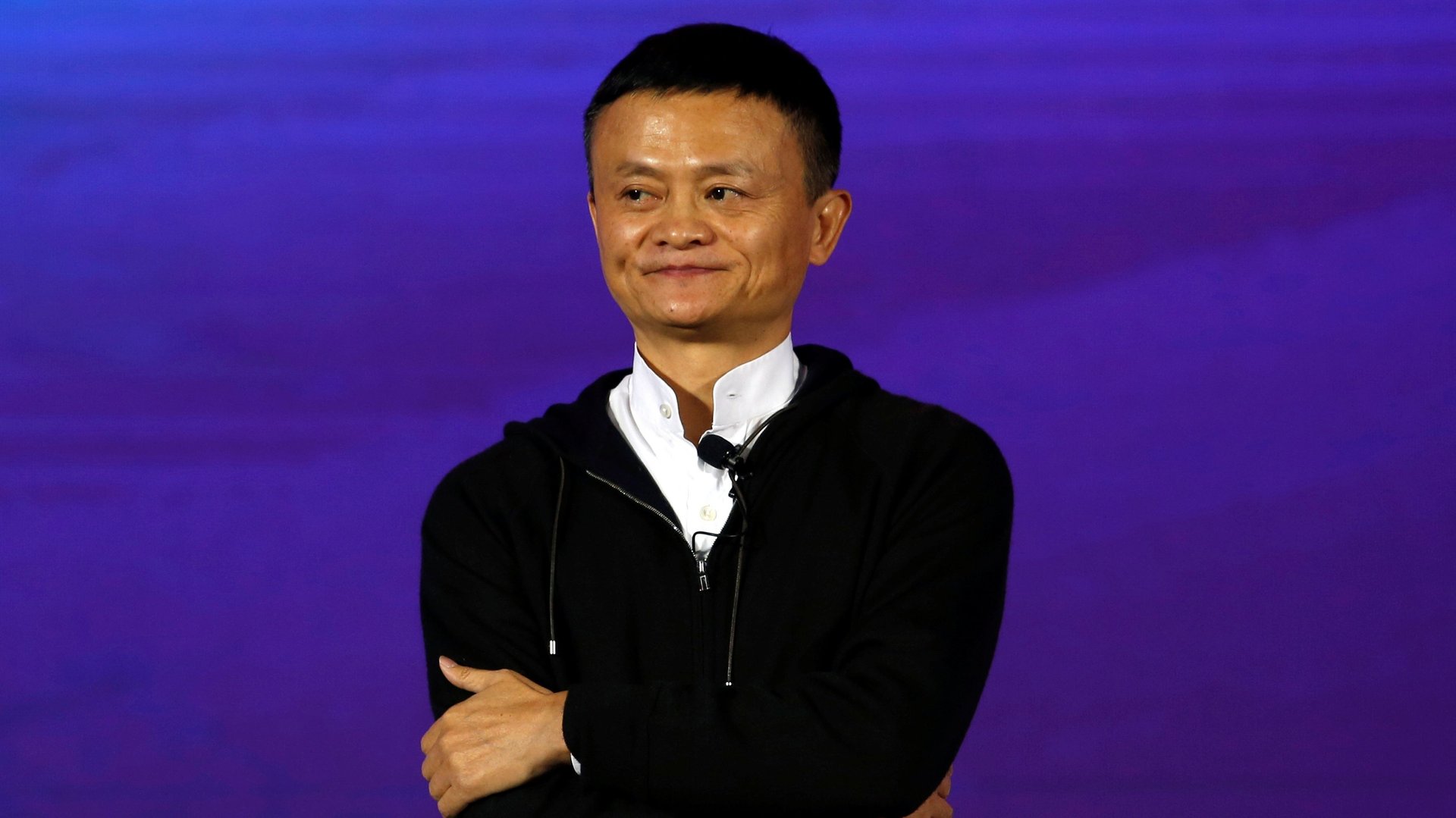The US is accusing Chinese e-commerce giant Alibaba of running a “notorious market” for counterfeits
China’s largest online marketplace, which is owned and operated by e-commerce giant Alibaba, has landed on a list of “notorious markets” where the US government says piracy and counterfeiting are rampant.


China’s largest online marketplace, which is owned and operated by e-commerce giant Alibaba, has landed on a list of “notorious markets” where the US government says piracy and counterfeiting are rampant.
The decision by the Office of the United States Trade Representative to include Alibaba’s massive consumer-to-consumer market, Taobao, on its annual list embarrasses Alibaba just as it’s striving to expand beyond China and actively courting foreign brands to sell through its other channels. The company had gotten off the list in 2012, and Alibaba has promoted its efforts in battling counterfeits. But many US brands say the company isn’t doing nearly enough to fight fakes, and a number of trade groups had pushed for the USTR to return Alibaba to its list.
In a statement, Alibaba said it was disappointed by the decision and emphasized that it has only gotten more effective at fighting counterfeits. Alibaba’s president, Michael Evans, also addressed the USTR’s decision in a blog post. “In 2016 alone, we proactively removed more than double the number of infringing product listings than in 2015,” he wrote. “It is therefore unreasonable for the USTR to have concluded that Alibaba is less effective in anti-counterfeiting than when it reviewed our efforts in 2015 and when it removed us from its list four years ago.”
The report acknowledged that Alibaba has taken steps to address sales of knockoffs on its site, such as establishing internal offices focused on the task and developing technology to keep counterfeiters from reopening after they’ve been shut down. But it says ”current levels of reported counterfeiting and piracy are unacceptably high,” and notes that Alibaba hasn’t eliminated longstanding obstacles to companies trying to shut down sellers peddling fakes. Alibaba’s process for allowing companies to report infringing products, and for removing those products from its marketplace, also remains inconsistent and opaque.
The massive counterfeiting found on Taobao can cause significant economic harm to US brands, according to the USTR. Indeed, some say the vast majority of “their” products on Taobao are in fact knockoffs. New Balance, for instance, estimates that up to 90% of New Balance goods on Taobao are fake, and the USTR says one large automaker reported that at least 95% of the merchandise bearing its name and trademarks on the site were suspected counterfeits.
Alibaba has recently disputed (pdf) many of the USTR’s allegations, and in its statement this week suggested political motives may be involved in its addition to the 2016 list. “We question whether the USTR acted based on the actual facts or was influenced by the current political climate,” the company said.
A letter to employees from Alibaba CEO Daniel Zhang, provided to Quartz, detailed the company’s efforts to fight counterfeiters but also warned that protectionism was a potential threat. “It wouldn’t come as a surprise if we encounter other situations similar to that of ‘Notorious Markets’ in the future, where protectionism leads to malicious acts to players in the market,” Zhang wrote. “We know where we stand on the issue—we know what is right and what is wrong.”
He’s right that the US isn’t alone in its criticism of Alibaba. Last year, French luxury giant Kering sued Alibaba over counterfeits, saying its sites ”facilitate and encourage” their sale.